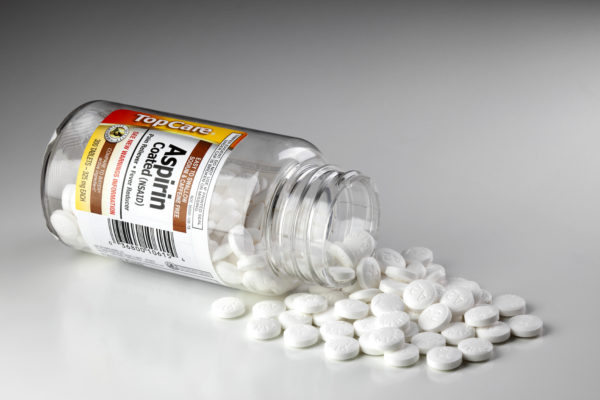
Patients taking direct oral anticoagulation therapy for atrial fibrillation as well as aspirin that they may not be indicated for experienced higher rates of bleeding than those on monotherapy, a new study suggests.
Researchers for the registry-based cohort study looked at a patient population with taking anticoagulants for either atrial fibrillation and/or venous thromboembolism (n=3,280), and one-third of the patients being treated with direct oral anticoagulants were also taking concomitant aspirin. The researchers propensity score-matched patients with no history of valve replacement or recent acute coronary syndromes. The primary outcomes of interest were bleeding rates (any major or non-major), thrombosis rates (stroke, venous thromboembolism, myocardial infarction), visits to the emergency room, hospitalizations, and death. Patients were followed up for a mean of 20.9 months.
According to the results, 1,107 patients taking aspirin with direct antiplatelet therapy did not have a clear indication for aspirin. In the propensity score-matched cohorts (each with 1,047 patients), the authors reported that those taking both therapies experienced more bleeding events compared with direct oral anticoagulant monotherapy, and specifically nonmajor bleeding (P=0.02). Major bleeding rates were similar between study groups, as were thrombotic event rates. There were more hospitalizations in those taking both therapies compared to those on antiplatelet monotherapy.
“The patients on combination therapy were more likely to have bleeding events but they weren’t less likely to have a blood clot,” lead author Jordan Schaefer, MD, an assistant professor of internal medicine and a hematologist at Michigan Medicine, the academic medical center of the University of Michigan, said in a news release. “Therefore, it’s important that patients ask their doctors if they should be taking aspirin when they are prescribed a direct oral anticoagulant.”
The study was published in JAMA Internal Medicine.
Combined #DOAC plus #aspirin when there isn't a strong indication is associated with higher rates of non-major bleeding. Similar findings with warfarin use. Important findings from @MAQI_2 in @JAMAInternalMed https://t.co/9Xji1LnwG8
— Geoff Barnes (@GBarnesMD) April 19, 2021
When I start rounds while taking ward week I always start by 1) checking if pt has DVT profilaxis then 2) stopping unnecessary concomitant ASA on those w ACO/NOACs…I see that my approach isn’t far off https://t.co/aBOArYx5AQ @DFCapodanno @djc795 @SVRaoMD @hvanspall @mmamas1973
— Rodrigo Bagur 🇦🇷🇨🇦 (@RodrigoBagur) April 19, 2021
Obs study in @JAMAInternalMed finds aspirin is often prescribed along w/ direct acting oral anticoagulant without clear reason and the combo *associates* w higher rates of bleeding https://t.co/nKsWtLnjr9
Good one @GBarnesMD
ASA is the number 1 drug I #deprescribe
— John Mandrola, MD (@drjohnm) April 19, 2021
.@GBarnesMD GR8 work from #MAQI on ⬆️ ADEs w/combo #DOAC & aspirin. HUGE opportunity for clinicians to exercise #ACStewardship! Thoughtful prescribing ✍🏼➕Thorough Med Rec ✅➕SDM👥➕appropriate de-escalation =⬇️patient harm👍🏼👏 @AnticoagForum https://t.co/So6pEu5fWD
— allison burnett (@aburnett_PharmD) April 20, 2021
Another blow for anti-platelets 🤨 https://t.co/WQORIi7YYs
— Ei-Spleen (@MerrimanEileen) April 20, 2021

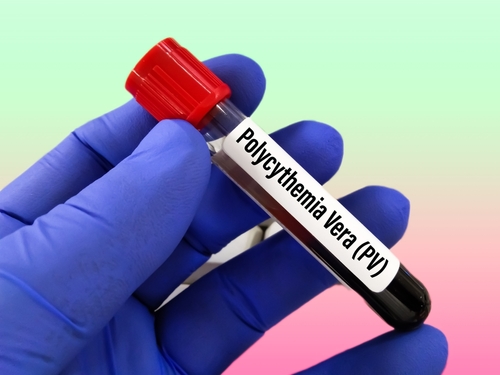
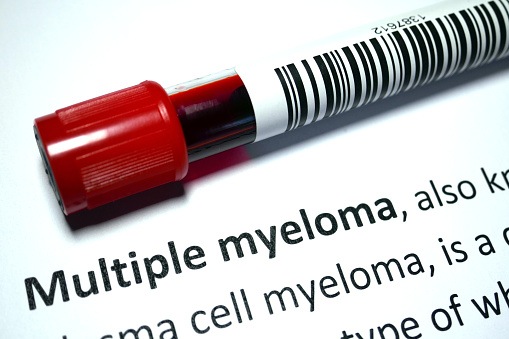

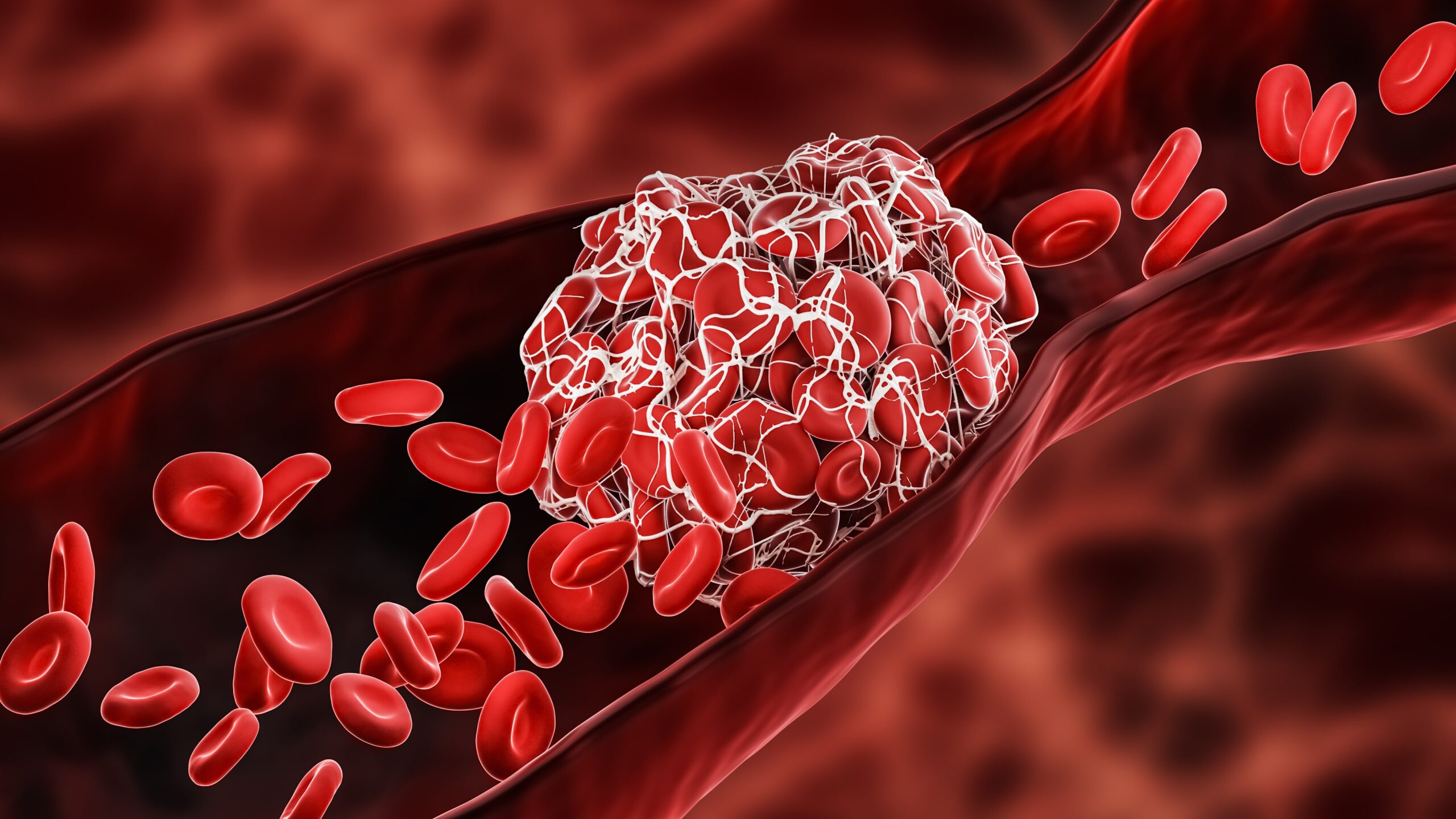
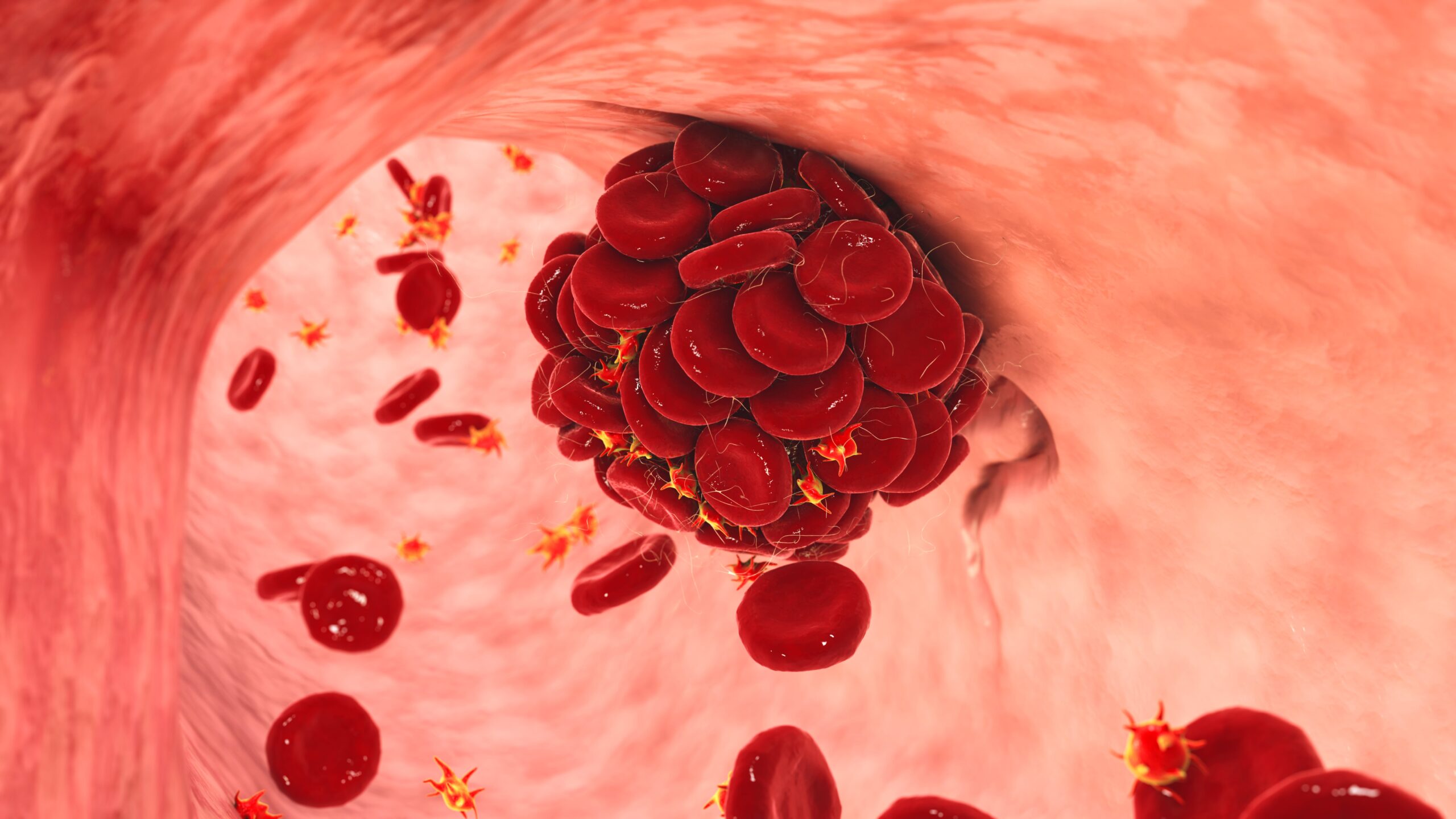

 © 2025 Mashup Media, LLC, a Formedics Property. All Rights Reserved.
© 2025 Mashup Media, LLC, a Formedics Property. All Rights Reserved.